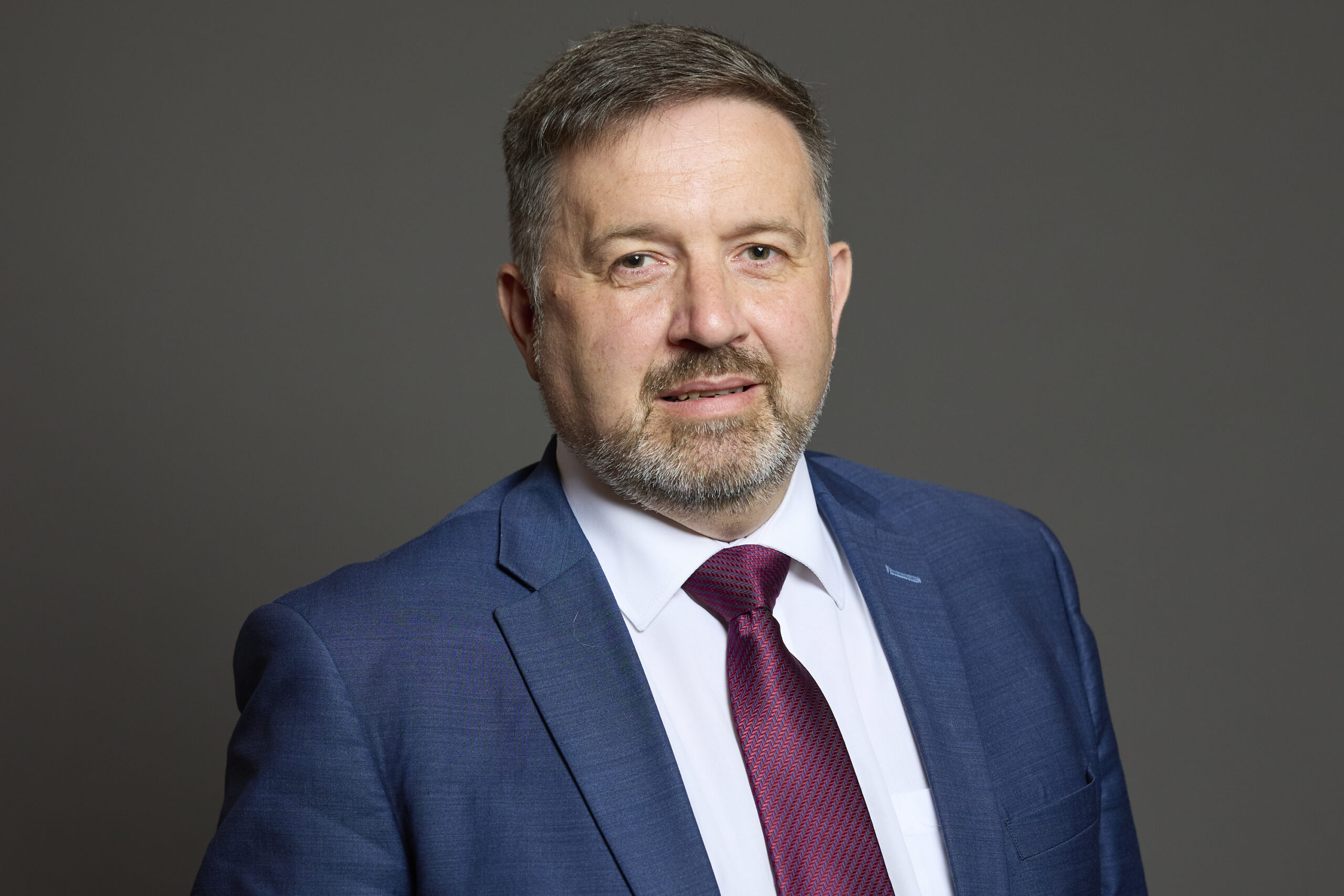Having lead debates and sponsored legislation in the Northern Ireland Assembly, it was a great privilege to have secured my first Westminster Hall debate on my 102nd day as Member of Parliament for South Antrim. To have been able to do so on a topic which has such a profound impact on the lives of thousands of ex-servicemen and women in Northern Ireland – the Role of the Northern Ireland Veterans Commissioner – was particularly important.
Following the restoration of the devolved institutions after three-years of stalemate, the 2020 “New Decade, New Approach” deal, co-authored by the British and Irish governments, committed to the appointment of a Veterans Commissioner for Northern Ireland.
It was Danny Kinahan – the last Ulster Unionist to hold the South Antrim seat – who was appointed as the first Veteran’s Commissioner by then Secretary of State Brandon Lewis MP, Danny’s appointment was warmly welcomed by my party, as well as the Democratic Unionist Party, the Traditional Unionist Voice and Northern Ireland’s veterans community.
Unfortunately, on the 5th September this year, four years after the role was created and following his reappointment for a second term in the role, Mr Kinahan issued a statement announcing his resignation saying:
“I can confirm that I have today resigned from my position as… Commissioner.
“Following an open and frank conversation with the Secretary of State, I have sadly concluded that I cannot provide the independent voice that veterans require.”
Danny Kinahan made the decision that he did primarily due to the lack of operational independence.
The Northern Irelands Veterans Commissioner role is restricted by its part-time status and the two staff members assigned to the Commissioner are paid for by, and directly report to, the NIO – staffing decisions are considerably limited. The NIO rejected the Commissioners proposal for a formal staff appraisal process. These limitations and concerns had left the Commissioner feeling that they were more of a figurehead than a decision maker.
This interference has had significant impacts on our veterans including the inadequate identification of veterans for support due to the lack of a comprehensive database of NI veterans. The previous Commissioner also raised the need for door-to-door leafleting – a suggestion not actioned.
Mr Kinahan identified significant barriers to accessing healthcare for veterans, particularly those with long-term pain who often wait years for surgery, but the NIO refused to support the Commissioner’s proposals to address this. Furthermore, the closure of the trusted and independent Veterans Support Office which provided veterans with centralised support is a stark example of how the NIO has undermined veteran support and has left a significant gap in services.
For the future, there are clear changes which need to be made to the role.
Firstly, the Commissioner’s office must be fully independent from the Northern Ireland Office, with direct control over staffing, budgeting and decision-making.
Secondly, the part-time status of the Commissioner is insufficient to manage the complex responsibilities of the role. It should be expanded to full-time, or at least to a more significant time allocation. The Veterans Commissioners of Scotland and Wales are both full-time positions. There must be some level of equivalency between the NI Commissioner and their counterparts, particularly with the unique demands of the NI Commissioner.
Third, the Veterans Support Office, as an independent and trusted body, with the Commissioner playing a key role in shaping its services, must be reinstated.
Finally, the Commissioner should have the authority to submit reports directly to the Secretary of State and the ability to engage directly with every relevant department or Minister, without interference from the Northern Ireland Office, ensuring transparency and the accurate presentation of veteran needs.
Although these recommendations themselves are not revolutionary, they would bring the role of the Veterans Commissioner in Northern Ireland into line with the role and operational standing of Northern Ireland’s other Commissioners and will best serve our veteran community.


